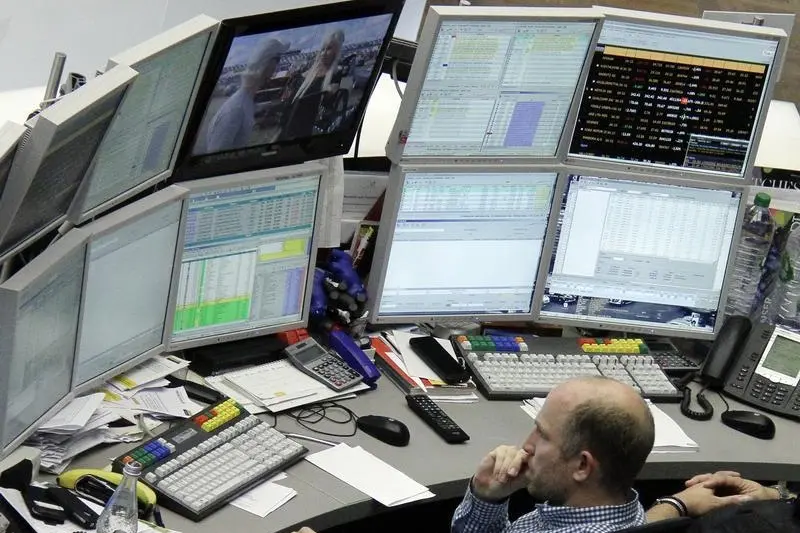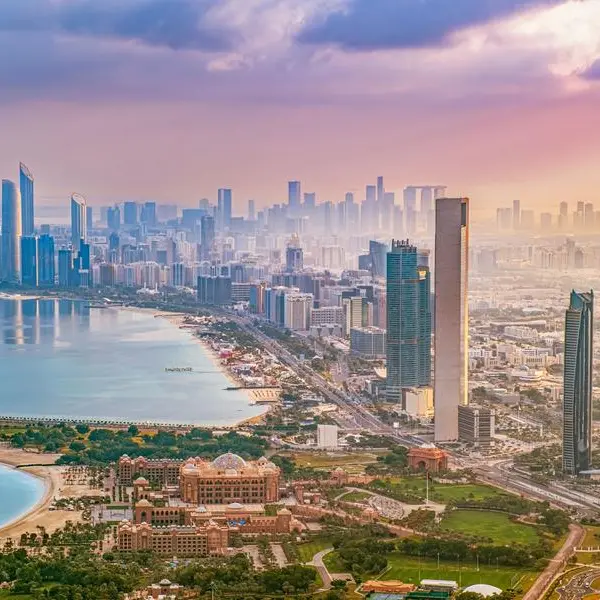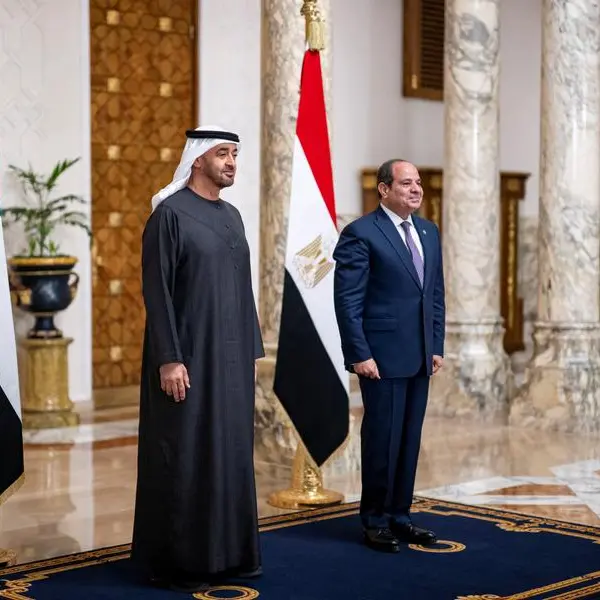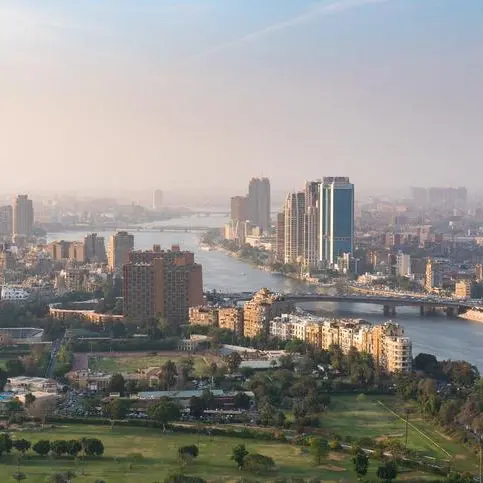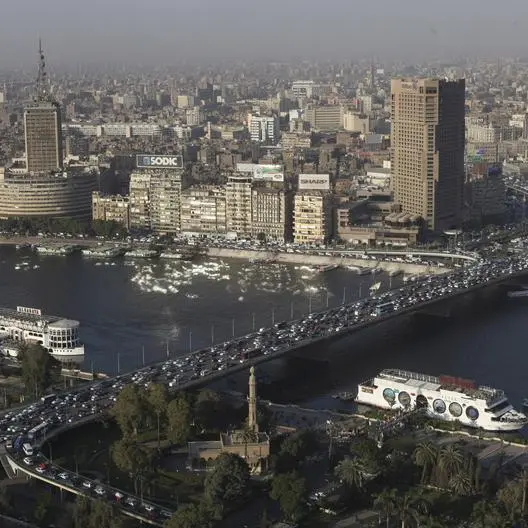PHOTO
In this exclusive interview, Koon Chow, Macroeconomics and Rates Strategist, Union Bancaire Privée (UBP) sheds light on the performance of emerging markets as well as the growth expectations in Middle East markets.
What is the state of emerging markets? How are they reforming globally, at present?
Emerging markets offer a lot of diverse economic trends at the moment, in terms of their growth performance, the changes in the quality of the country and the public sector balance sheets, and in terms of the business environment. We look at around 70 countries, which people often describe as being 'Emerging Markets' and we find a lot more differences in economic trends than a couple years ago. Globally speaking, we see policy makers in many Emerging Market countries reforming their policies either because they are being forced to because they have had the foresight to anticipate the need to strengthen their economies in anticipation of the increasingly difficult global circumstances. A good representative of the latter group, is Mexico, India and even China - where policy steps have been taken to put the growth on a better quality and more sustainable path.
What do you have to say about Middle East as an emerging market? How well is it doing as compared to other emerging market countries?
I think the Middle East stands up well. But before I go further I would like to say that' Emerging Market' should not be thought of as a negative label - 'Emerging Market' is a convenient way for people to bundle together the very large group of countries where the economic structure is still changing and cannot be described in some way that we could describe a more slower changing country like the US or the UK.
That said, I think the Middle East - especially the GCC - looks pretty solid in comparison to many countries. The GDP growth rate is likely to be faster than the global average i.e. in excess of 3% this year and next. Furthermore, the drop in oil prices, while straining budgetary income will not have as negative an impact as on other major oil producing countries around the World. US GDP for example, contracted in Q1 this year partly due to the drop of capital expenditure. Russia (in the Emerging Market sphere) is entering into a recession with GDP likely to contract by more than 3% this year.
What changes will be brought about in the Middle Eastern Region if and when China's economic growth picks up?
I think that there will be two phases of growth upswing in China that will have a different impact on the Middle East. There is likely to be an upward phase in H2 2015 when the monetary and fiscal easing measures implemented in China, take effect. This will likely support oil prices and strengthen foreign exchange inflows to the region, liquidity conditions and ultimately investment confidence as well. A different growth phase is when China growth picks up because of stronger Chinese domestic consumption where reform efforts lead people in China to want to spend more. This will be a phase where oil prices are not necessarily rising but business opportunities in China will increase. At that point, we may see the Middle East only benefit if business in the region and investors, are prepositioned for this shift either by being exposed to the right type of equities or involved in the right types of business in China.
What effect will the new Chinese policies have on global economy?
I think that when Chinese growth does eventually rebalance (away from exports and more towards consumption) we may probably see a number of key things happening. One very important one is that the global flow of capital will become less easy because the Chinese will be exporting less of their savings. This will mean a little less investment inflows to many countries. At the same time, the Chinese will be consuming more, which provides a boost to global growth. At that point, the exporting countries (which will also be the ones that don't rely on global borrowing as heavily and therefore Chinese 'savings') are likely to do the best from the changes. I think the most open economies, the ones with prudence borrowing practices will be the winners in this new paradigm.
How would you describe the global economy's recovery from Euro Zone Crisis?
The recovery is patchy inasmuch as many countries are still in a weak shape. In the Euro Area for example, the growth in France is muted, German exports are struggling to expand, Japan has moderate momentum and some major EM economies (Russia and Brazil are probably in recession). Europe on the surface looks better but with high levels of debt and a weak global export market, the economy is fragile.
If development carries on at the rate as it did in the first quarter, what do you expect the outcome would be?
I think that the continuation of a modest global economic recovery will mean global monetary policy remains loose and global yields will not move up much from here.
Do you feel that the positive changes that are being brought about in the economy will lead to better portfolio inflows?
I think the flows will slowly pick up. These flows follow strengthening GDP and higher yields. I think that EM growth is at a low point now and as growth increases, we will see the follow through to flows in 2016.
Do you see the rise in portfolio inflows exceeding $130bn, which was the best there had been, in the near future?
I doubt that we go above 130 this year. But next year or 2017, after Fed reveals it is hiking very gradually, we could see a lot stronger flows.
What according to you are the areas that should be concentrated on and what changes should be brought about in order to improve the condition of portfolio inflows?
I think that growth and policy reforms (that can boost private savings and investment) will be rewarded with good flows and financial asset price performance.
Who would you say are the main participants of portfolio inflows for the emerging markets of Middle East?
The GCC flows are mainly regional investors while for countries such as Egypt or Morocco, the investor base is more diverse - global fund managers, European businesses, GCC investors etc.
What is UBP's roll in development of EM, what are the company's aims?
Our aim is to deliver clearly defined and methodically managed Emerging Market fixed income products to people. We want people to be able to invest in Emerging markets with a high degree of diversification and to be able to limit their downside risks.
People seem to have a very cautious view on EM at the moment, but this neglects what a diverse place EM is. This means a large menu in which there are pockets of good value and strong economic fundamentals.
Koon Chow is responsible for analyzing the macroeconomic developments in EM fixed income markets at Union Bancaire Privée. He is also in charge of formulating investment allocation recommendations on this analysis. Before UBP, Koon worked as Managing director, head of EM local markets strategy and EMENA economics at Barclays Capital.
© Capital Business 2015
